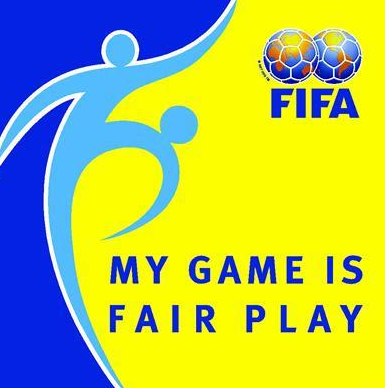In the dynamic world of football, Everton Football Club has recently found itself at the heart of a major controversy, one that has sent tremors across the Premier League and prompted various questions about financial standards within the sport. This article delves into the complexities of Everton’s situation, exploring the implications of their recent points deduction and the broader context of financial compliance in football.
The Crux of the Matter: Everton’s Financial Missteps
Everton’s recent plight stems from a breach of the Premier League’s Profit and Sustainability Rules (PSR). An independent panel, convened by the Premier League, imposed a 10-point deduction on Everton for exceeding the permitted financial losses over a three-year period. According to reports, the club’s losses exceeded the £105 million limit by £19.5 million. This is the greatest point deduction in Premier League history for a financial rule violation.
The Appeal and Its Implications
Everton has expressed its intention to appeal the decision, a move that opens a window to potentially alter the penalty. The appeal, which will be examined by a new team of top lawyers and financial experts, might result in the punishment being reduced to a fine or a transfer prohibition. However, the fate of the appeal is still unknown, and the club’s admission of guilt complicates its situation.
Comparative Cases: Manchester City and Chelsea
The Everton case has been inextricably linked to ongoing investigations against Manchester City and Chelsea. Manchester City is accused of breaking financial regulations during a nine-year period, including failing to disclose financial information and failing to cooperate with inquiries. Chelsea, which was under investigation for off-the-books payments when owned by Roman Abramovich, self-reported suspected financial violations. While these situations are different in kind and magnitude from Everton’s, they reveal the Premier League’s increased vigilance in terms of financial compliance.
The Broader Perspective: Financial Fair Play and Its Challenges
The Everton case highlights the difficulties of ensuring financial fair play in football. The Premier League’s efforts to maintain financial sustainability and team competitiveness require negotiating a slew of ethical and legal issues. The use of sanctions, the timing of their execution, and the proportionality of their impact on various clubs all provide important issues. Moreover, the cases of Everton, Manchester City, and Chelsea illustrate the varying degrees of financial mismanagement and the difficulties in establishing a one-size-fits-all approach to punishment.
Looking Ahead: Everton’s Path Forward
Despite the current turmoil, Everton’s future in the Premier League remains a subject of speculation and hope. The club’s appeal process and the potential for reduced penalties offer a glimmer of optimism. However, the broader legal and financial challenges looming over the club, including potential lawsuits from rival clubs and uncertainties surrounding ownership, add layers of complexity to their journey ahead.
Everton’s situation is more than a mere footballing setback; it is a reflection of the intricate interplay between sports, finance, and governance. As the club navigates through these turbulent waters, the outcomes of their appeal and the broader implications for the Premier League will be closely watched by football enthusiasts and stakeholders alike. As a result, the Everton crisis not only affects the club’s destiny but also contributes to the emerging narrative of financial fair play in football.













